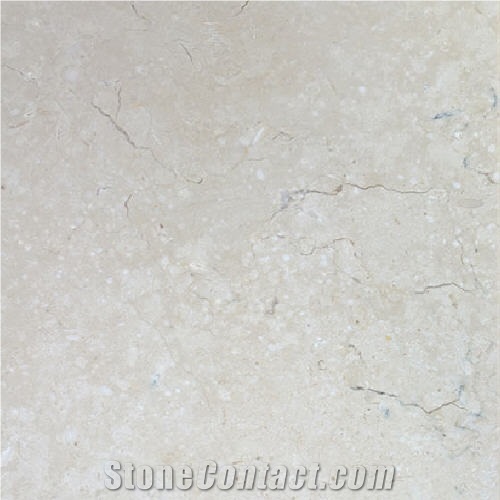How can I fix a water damaged Ylang Marble countertop?
Fixing a water damaged Ylang Marble countertop should be approached with caution, as it can be a delicate and sensitive material. Here are some steps you can take to repair the damage:
1. Assess the extent of the damage: Inspect the countertop and determine the level of damage caused by the water. If it is a minor issue like water spots or stains, you may be able to resolve it yourself. However, severe damage may require professional assistance.
2. Blot the water: If there is any water pooling on the surface, gently blot it with a soft, absorbent cloth or paper towel. Do not rub the water, as it may spread the damage.
3. Remove stains: If there are water stains or spots, you can try removing them with a marble-safe cleaner. Mix a small amount of mild dish soap with warm water, dampen a soft cloth in the solution, and gently scrub the affected area. Rinse thoroughly and dry.
4. Polish the surface: After cleaning, use a marble polishing powder or paste to restore the shine and luster of the countertop. Follow the instructions provided with the specific product you choose, as application methods can vary.
5. Resolve deeper damage: If the water damage has penetrated the surface, causing etching or discoloration, it might require more extensive repair. In such cases, its advisable to consult a professional marble restoration specialist who has experience with Ylang Marble. They can assess the damage and recommend the best course of action, which may involve honing, re-polishing, or even replacement of the affected sections.
6. Prevent future damage: To protect your Ylang Marble countertop from future water damage, apply a high-quality stone sealer according to the manufacturers instructions. This will help create a barrier that makes it less susceptible to staining and liquid penetration.
Remember, working with marble can be challenging, so its essential to exercise caution and seek professional assistance if needed.
Fixing a water damaged Ylang Marble countertop should be approached with caution, as it can be a delicate and sensitive material. Here are some steps you can take to repair the damage:
1. Assess the extent of the damage: Inspect the countertop and determine the level of damage caused by the water. If it is a minor issue like water spots or stains, you may be able to resolve it yourself. However, severe damage may require professional assistance.
2. Blot the water: If there is any water pooling on the surface, gently blot it with a soft, absorbent cloth or paper towel. Do not rub the water, as it may spread the damage.
3. Remove stains: If there are water stains or spots, you can try removing them with a marble-safe cleaner. Mix a small amount of mild dish soap with warm water, dampen a soft cloth in the solution, and gently scrub the affected area. Rinse thoroughly and dry.
4. Polish the surface: After cleaning, use a marble polishing powder or paste to restore the shine and luster of the countertop. Follow the instructions provided with the specific product you choose, as application methods can vary.
5. Resolve deeper damage: If the water damage has penetrated the surface, causing etching or discoloration, it might require more extensive repair. In such cases, its advisable to consult a professional marble restoration specialist who has experience with Ylang Marble. They can assess the damage and recommend the best course of action, which may involve honing, re-polishing, or even replacement of the affected sections.
6. Prevent future damage: To protect your Ylang Marble countertop from future water damage, apply a high-quality stone sealer according to the manufacturers instructions. This will help create a barrier that makes it less susceptible to staining and liquid penetration.
Remember, working with marble can be challenging, so its essential to exercise caution and seek professional assistance if needed.
 Egypt
(Galala Mountain)
Egypt
(Galala Mountain)
































